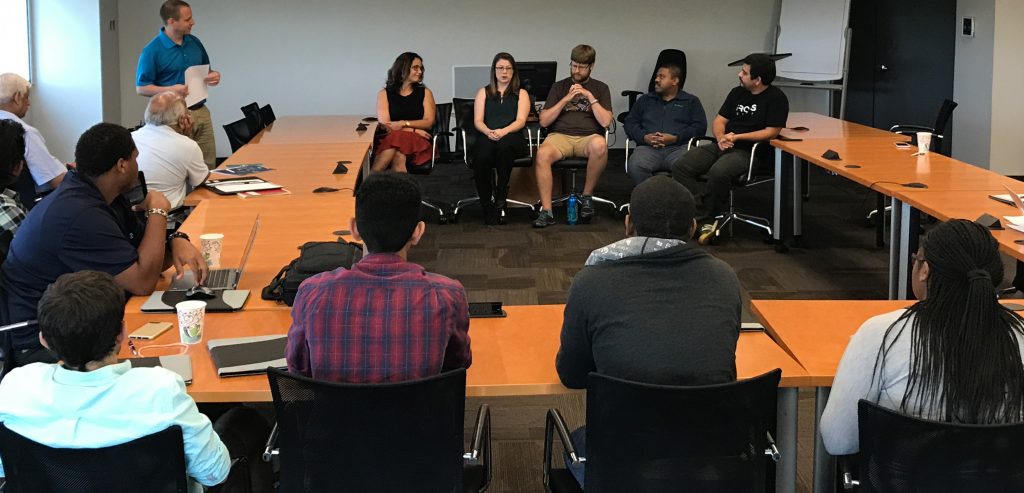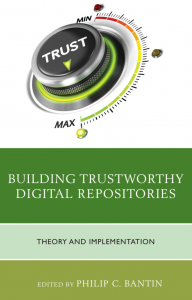By Nelson Tull
Note: Nelson Tull is a graduate student in the Department of Civil, Construction, and Environmental Engineering at North Carolina State University. His faculty advisor, Casey Dietrich, is an NCDS Data Fellow conducting research to improve hurricane and storm surge guidance to emergency managers in North Carolina’s coastal counties. Dietrich’s Data Fellows research builds on previous work supported by the North Carolina Sea Grant program. Other collaborators are Rick Luettich, head of the Institute of Marine Sciences at UNC-Chapel Hill, Brian Blanton, a senior research scientist and oceanographer at RENCI, and Jason Fleming of Seahorse Coastal Consulting. To learn more about this research, tune into the September 2017 NCDS DataBytes webinar.
When lives are on the line, minutes count but so does accuracy
Storm surge model forecasts are a critical tool used by coastal emergency managers to plan and make decisions. These models must be both accurate and fast to give reliable information in a timely manner as a storm moves toward the coast. The forecast guidance must also be visualized in a way that is meaningful to those who need this vital information. Read more…









